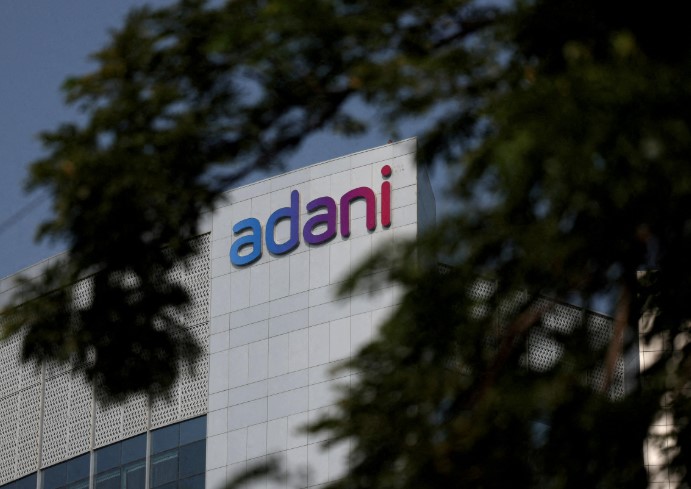Indian authorities have opened an investigation into Adani Enterprises’ defense division for allegedly evading import taxes on components used to make missiles, according to government sources familiar with the matter. The probe highlights the latest regulatory scrutiny faced by one of India’s largest conglomerates.
Government Investigation Targets Adani Defense Imports
Adani Defense Systems and Technologies, a smaller unit within the vast Adani Group, produces defense equipment including missiles, drones, and small arms. Most of its products are supplied to Indian security forces.
The Directorate of Revenue Intelligence (DRI), India’s key revenue enforcement agency, reportedly began the investigation in March. Authorities allege that Adani Defense improperly claimed exemptions on imports of missile components, avoiding tariffs totaling 770 million rupees (approximately $9 million). According to sources and documents reviewed by Reuters, the company classified short-range missile parts as long-range missile components, which are exempt from customs duties.
India moves to test Dhvani hypersonic missile to assess regional security impact
In response, the Adani Group said that the authorities had “sought clarifications” on its imports and that it had provided all necessary documents. A spokesperson added, “The issue stands closed from our end,” without clarifying whether any payments were made to settle the matter.
The alleged tax evasion is notable because it represents more than 10% of Adani Defense’s reported revenue of $76 million for the 2024-25 fiscal year. It also accounts for over half of the company’s profits for the same period. One government source indicated that executives from Adani admitted to misclassifying the imported parts, though further details were not provided.
In similar cases, companies found liable for duty evasion may have to pay the owed amount along with a 100% penalty, which in this case could reach $18 million.
Short-Range Missile Parts Under Scrutiny
The investigation centers on components imported for manufacturing short-range surface-to-air missile systems. These parts typically attract a 10% import tax and an 18% local tax. Adani Defense allegedly misclassified the items as parts of long-range missile systems, which were exempt from tariffs under previous regulations.
Government sources confirmed that the parts in question are non-explosive components and accessories used in missile production and launching mechanisms. Customs records show that Adani Defense imported sets of non-explosive missile parts worth $32 million from Russia since last year. Adani’s defense imports include shipments beyond Russia.
Since January 2024, the company has imported $70 million worth of defense parts from countries including Russia, Israel, and Canada. The Adani Group highlighted a September 2025 rule change that allows it to import missile components without paying any tariffs.
The earlier regulations, however, did not permit such exemptions for short-range missile parts. Authorities have recently taken similar actions against multinational companies such as Samsung and Volkswagen for misclassifying imported components to reduce tariffs. Both companies are contesting the authorities’ demands.
Regulatory Background and Adani Group’s Past Scrutiny
This investigation comes amid ongoing regulatory challenges faced by the Adani Group. While India’s markets regulator recently cleared the group of two alleged stock manipulation cases, it still faces over a dozen other allegations regarding breaches of securities norms.
The revenue enforcement agency has been investigating Adani Group for years. Since 2014, it has probed the company over alleged over-invoicing of certain coal imports. Adani has consistently denied wrongdoing and has challenged several investigations in court.
In the defense sector, Adani has publicly highlighted its contributions to the Indian military. In August 2025, Gautam Adani said that drones produced by his company were deployed during the May conflict with Pakistan, which involved missile and jet operations.
Overall, the current investigation focuses on how the company handled imports for its short-range missile programs, particularly regarding classification for customs and tax purposes. Government sources emphasized that the components under scrutiny are non-explosive, indicating that the probe targets financial and regulatory compliance rather than weapon safety.
The Adani Group has provided documentation to the authorities regarding its imports, and the company maintains that it has followed the rules based on the interpretations at the time.
